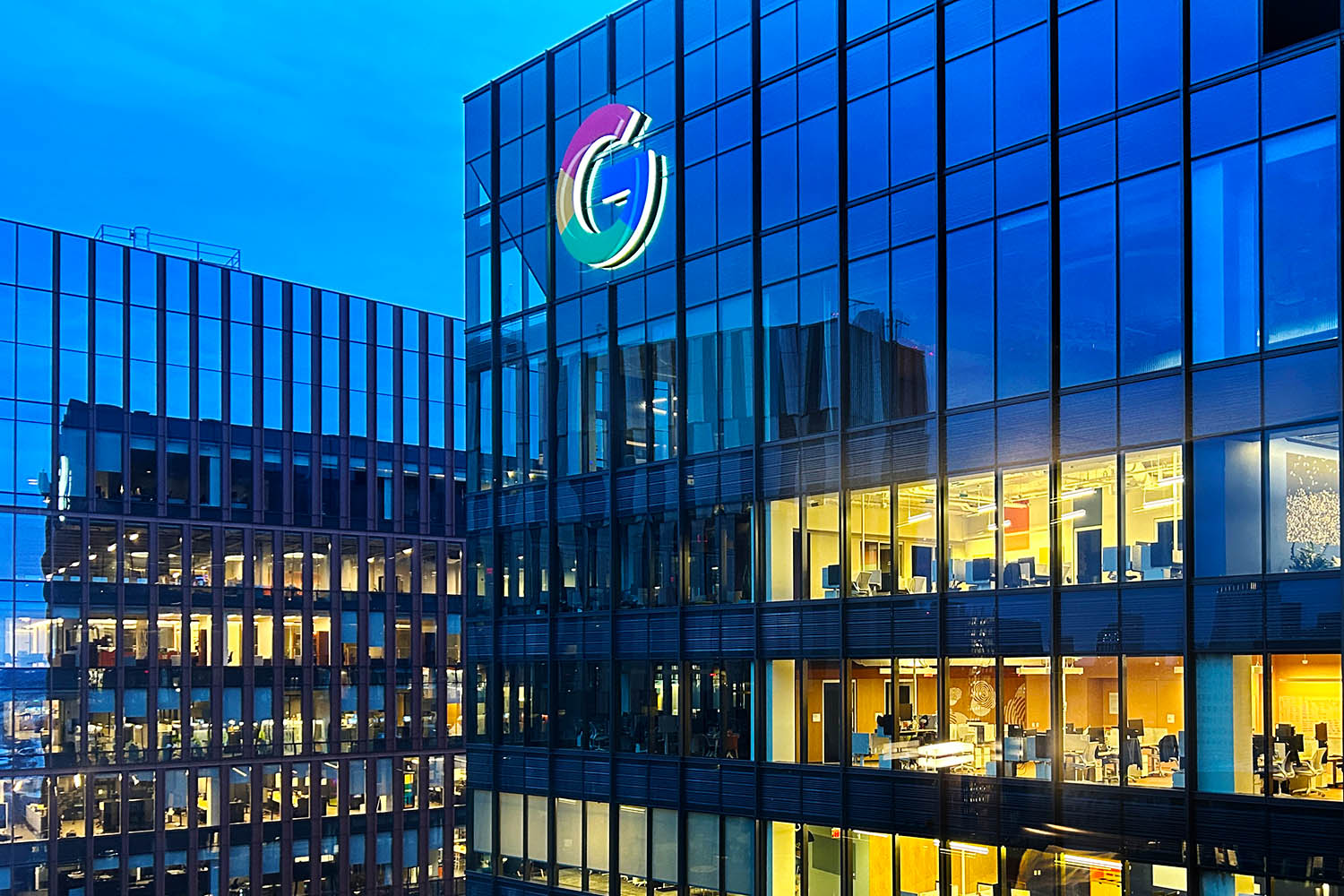Last week a US district judge decided not to order a breakup of the Google tech empire.
So what? This dilutes the impact of a 2024 ruling that the company illegally monopolised the online search industry. It also allows Google to continue on its transformation from a search to an answer engine. AI Mode does away with clickable blue links and provides responses to user queries in the same way as ChatGPT. The tool could
•
fuel the penetration of AI deeper into everyday life;
•
starve publishers of traffic, hollowing out large chunks of the internet; and
•
upend Google Search’s $175 billion a year business model, which relies on digital ads.
Soft launch. Nearly 70 per cent of internet activity starts with search engines, and 90 per cent of searches are on Google. AI Mode is optional, appearing at the top of traditional results pages. But it could become Google’s default setting.
Break the internet. Launching AI mode in May, senior executive Liz Reid called it “the future of Google Search”. The tool was rolled out in the UK in July, after the US and India. Google plans to make it available in more than 200 countries.
Alarm bells. This worries content publishers, who have spent two decades fine-tuning their sites so they appear as links near the top of Google search results. Users who click on these links are served ads which the sites rely on for revenue.
Brave new world. Chatbots, such as Google’s AI Mode, work differently. They scrape the internet for information and regurgitate it in summarised form, meaning users have no need to go to the source. Google Overviews, AI-generated snippets introduced at the top of searches last year, are thought to have reduced some clicks to sites by more than a third. Chatbots have an even larger impact and lead to 96 per cent less referral traffic than traditional searches.
Doesn’t add up. If content creators can no longer make money from ads through search engine traffic, large swathes of the internet may vanish. This could lead to a situation in which there is less material for chatbots to summarise.
The upshot. Publishers being unable to monetise their material could fuel the proliferation of low-grade content which attracts lots of clicks but offers little by way of accurate information.
The unknowns. Google is working against its own business model, in which companies pay to appear near the top of searches. The tech giant plans to introduce ads to AI Mode, but it’s not clear how the revenues will be shared with content producers. Websites can opt out of having their data scraped by Google’s AI, but will then be excluded from its searches.
Market share. Google’s AI Mode is not a breakthrough. It works like other chatbots, such as ChatGPT, Perplexity and Claude. But the tool will introduce generative AI to a bigger audience, since
•
Google has more than 3.6 billion users; compared to
•
ChatGPT’s 800 million users; and
•
Perplexity’s 22 million.
Newsletters
Choose the newsletters you want to receive
View more
For information about how The Observer protects your data, read our Privacy Policy
New competition. The rise of these chatbots has threatened Google’s dominance, which appears to be the main reason why the company launched AI Mode. In April the number of Google searches on Apple’s Safari browser fell for the first time.
The AI is coming for you. Perplexity released a web browser earlier this year that it bills as “the future of internet browsing, with AIs doing deep research and tasks for us”. ChatGPT is also working on one, as well as a new AI-infused device that could be wearable.
Silver lining. Counterintuitively the advent of ChatGPT and other similar products helped Google in its antitrust ruling. Alphabet pointed to the emergence of these chatbots as proof that new entrants can break into the markets. The judge wrote that “the emergence of GenAI changed the course of this case”.
What’s more… Several large news outlets and platforms, such as the New York Times and Reddit, have struck multi-million dollar deals to allow AI companies to use their data. But smaller publishers with less to offer may struggle to stay afloat.
Related articles:



